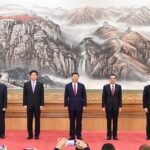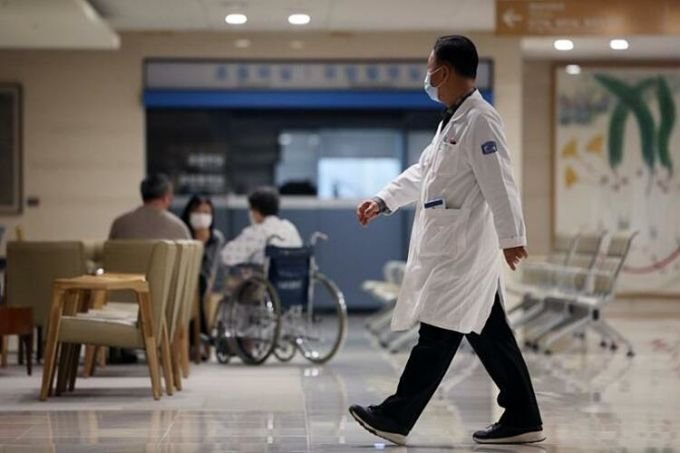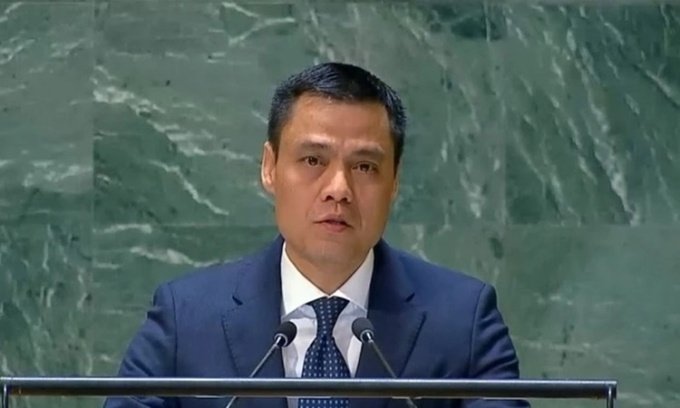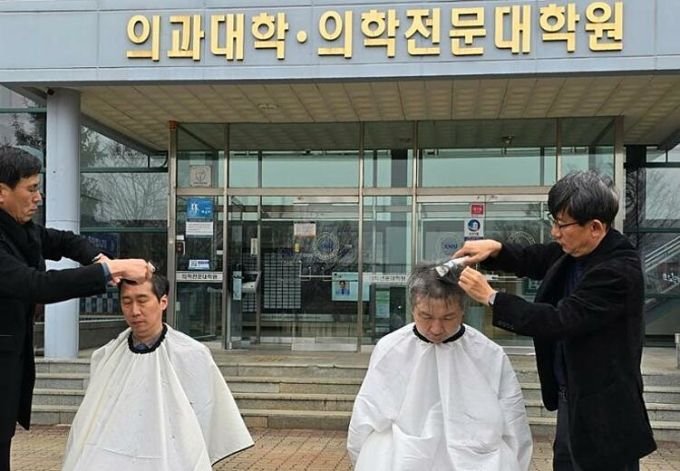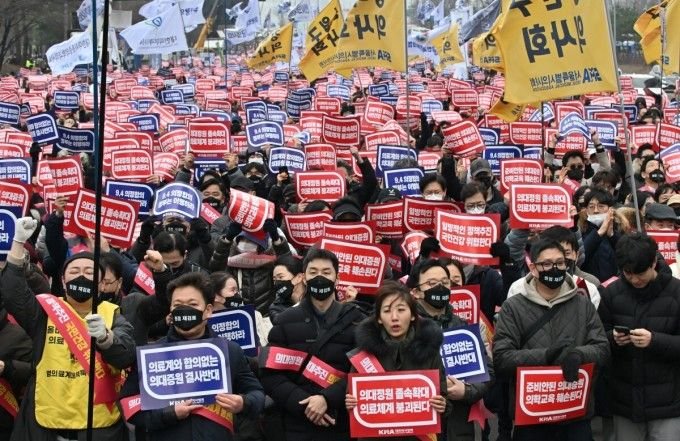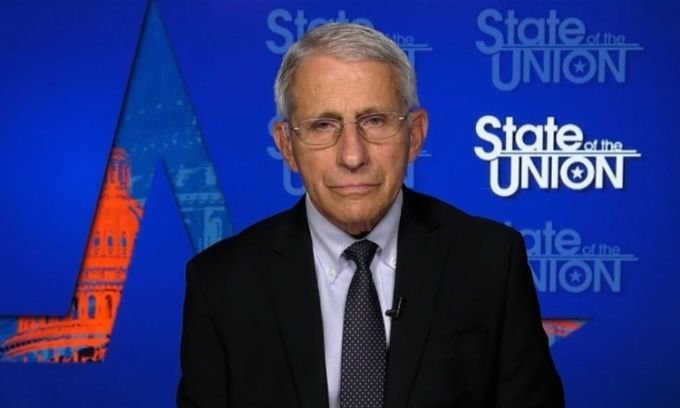`We are sending administrative notices, the first step to strip medical licenses, to resident doctors who do not comply with the order to return to work,` said Korean Deputy Health Minister Chun Byung-wang on March 11.
The government previously warned that striking doctors would face having their medical licenses revoked for three months if they did not return to work.
Upon receiving the administrative notice, resident doctors are required to submit their opinions on the measure to revoke their practice licenses before March 25.
Mr. Chun also continued to call on striking doctors to return to work before receiving the official decision to suspend their licenses.
Doctor at a hospital in Seoul, South Korea on March 10.
According to Korean law, doctors are restricted from striking and the Ministry of Health has asked the police to investigate those involved in a collective walkout campaign to protest government policy.
The strike of resident doctors in Korea began on February 20, to protest the government’s plan to increase medical school enrollment targets from 2025. According to the latest statistics, nearly 12,000
The shortage of doctors has caused many large general hospitals in Korea to have service interruptions.
Last week, the government announced new measures to improve income and working conditions for resident doctors, while also reviewing the 36-hour duty regime, one of the doctors’ concerns.
The South Korean government says increasing medical school students is necessary because the country has the lowest ratio of doctors to population in developed countries.
The ratio of doctors in Korea is an average of 2.6 per 1,000 people, the lowest among countries belonging to the Organization for Economic Cooperation and Development (OECD).
But contrary to the government’s view, resident doctors say the country does not need more doctors because there are enough, and increasing enrollment will reduce the quality of training as well as medical examination and treatment services, arguing that
Some people believe that resident doctors even participated in the strike because they were concerned that recruiting more medical school students would increase the level of competition, affecting their income and social status.

